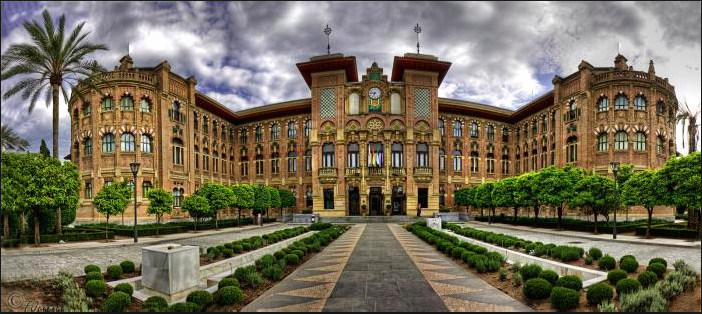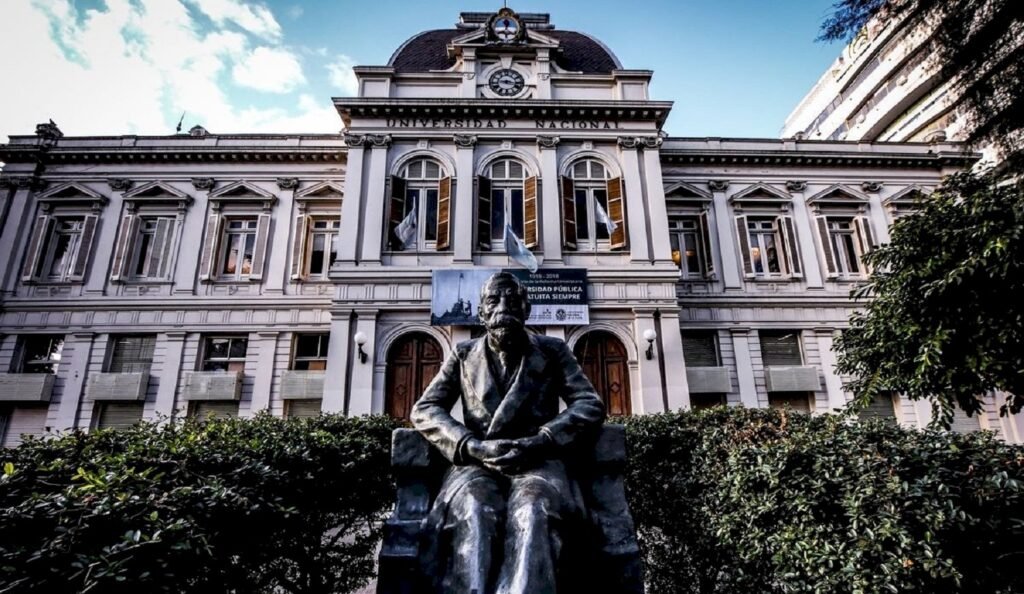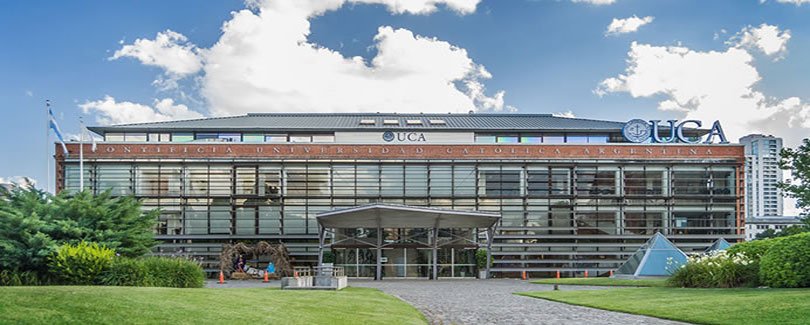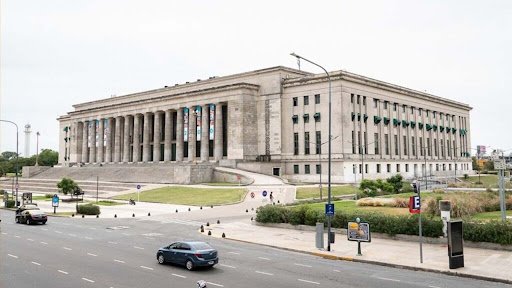National University of Córdoba
The National University of Córdoba (UNC), located in the vibrant city of Córdoba, Argentina, is not only one of the oldest universities in Latin America but also a symbol of academic freedom, public education, and intellectual revolution. Established in the 17th century, UNC is known for its pioneering role in shaping higher education in Argentina and beyond. In this comprehensive guide from MyUnigate, we explore UNC’s fascinating history, academic offerings, research excellence, scholarships, and campus life—especially relevant for international students considering a top-tier Latin American university. 1. History of the National University of Córdoba Founded in 1613 by the Jesuits, UNC is the oldest university in Argentina and the second oldest in Latin America. It began as a religious institution and later evolved into a secular, public university committed to free education and social equity. One of the defining moments in UNC’s history was the Reform Movement of 1918, initiated by its students. This event transformed the university’s governance and spread across Latin America, promoting: Because of this, UNC earned the nickname “La Docta” (The Learned) and continues to stand at the forefront of academic reform and educational access. 2. Academic Programs at UNC UNC offers a wide variety of undergraduate, postgraduate, and doctoral programs across diverse disciplines, through more than 15 faculties and several specialized schools and research institutes. Faculties at UNC: All programs are taught primarily in Spanish, though UNC has international partnerships and encourages academic exchange programs. UNC also offers professional programs in medicine, law, engineering, and education, along with technical degrees and certifications. 3. Research and Innovation at UNC UNC is a top research institution in Argentina and Latin America, with hundreds of active research groups, publications, and global partnerships. It houses multiple prestigious research centers such as: Research at UNC covers a wide spectrum, including health sciences, astrophysics, social development, environmental studies, and digital innovation. Many postgraduate students receive funding and grants through government or institutional fellowships. 4. Scholarships and Financial Aid One of UNC’s key missions is promoting equal access to higher education. While tuition is free for Argentine and many international students, the university offers additional support: Scholarships Include: UNC also collaborates with international universities and agencies to offer joint degrees, Erasmus+ programs, and bilateral scholarships. For step-by-step help with scholarships, admissions, or visa guidance, visit MyUnigate—your partner in global study planning. 5. Campus Life and Student Experience Located in Córdoba, the second-largest city in Argentina, UNC boasts a rich student culture in a historic yet modern urban setting. Its main campus, Ciudad Universitaria, is home to state-of-the-art facilities, libraries, tech labs, and green spaces. Key Campus Features: Student organizations, political activism, academic workshops, and volunteer opportunities make UNC a dynamic and engaging space for young minds. 6. Admissions for International Students UNC welcomes students from across Latin America, Europe, and Asia. Admission requirements vary by program, but generally include: To simplify your admission journey and stay updated on application timelines and scholarship deadlines, you can use MyUnigate for personalized assistance. 7. Contact Information Universidad Nacional de Córdoba (UNC)📍 Address: Av. Haya de la Torre s/n, Ciudad Universitaria, Córdoba, Argentina📞 Phone: +54 351 535-3700📧 Email: internacional@unc.edu.ar Conclusion The National University of Córdoba (UNC) is more than just a university—it’s a historic and intellectual landmark in Latin America. From revolutionary education reforms to cutting-edge science and a strong community focus, UNC represents everything a world-class public university should be. If you’re an aspiring international student ready to study in Argentina, UNC offers opportunity, quality, and affordability. Begin your academic journey with guidance from MyUnigate—your trusted partner in higher education abroad.



